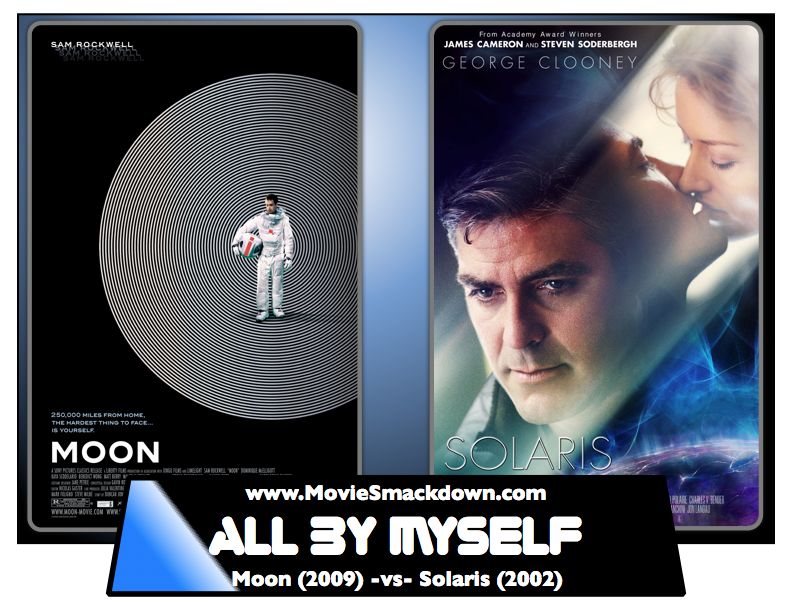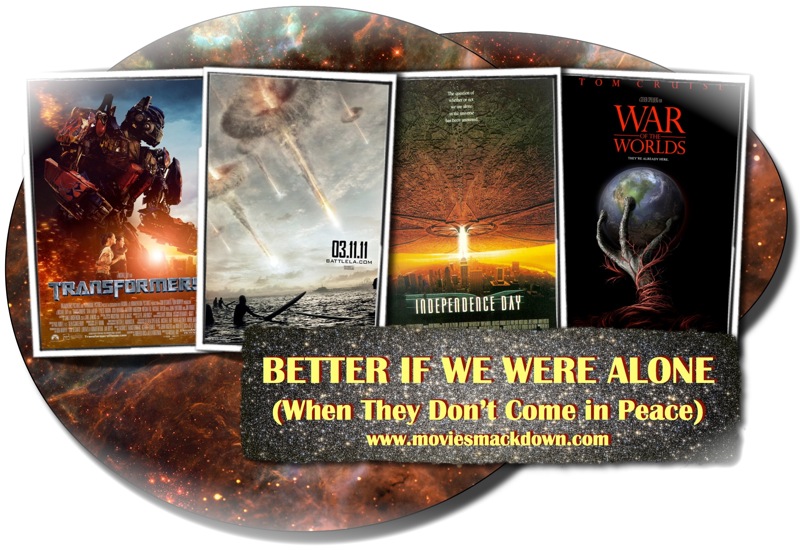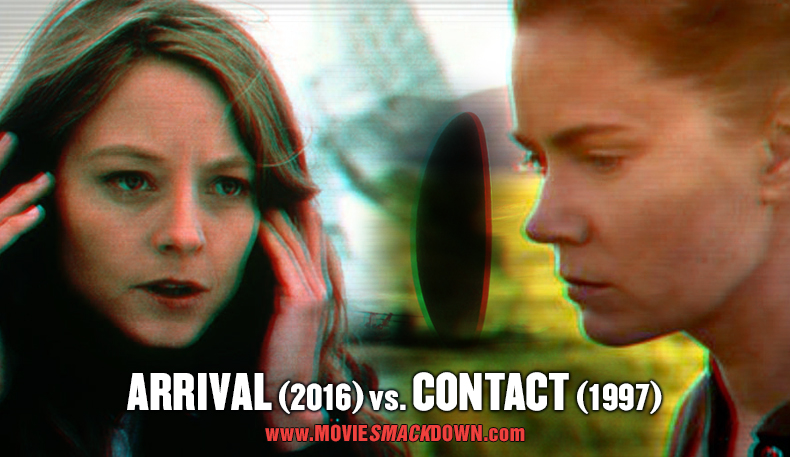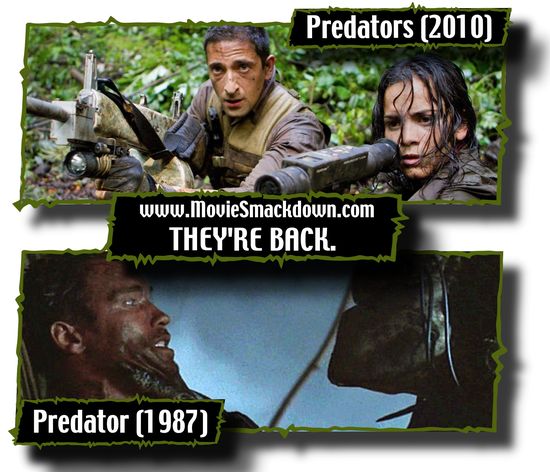
 The Smackdown
The Smackdown
Spending a weekend in, say, Fresno, can challenge your sanity. So, just imagine what spending three years, alone, on the dark side of the moon could do to scramble your sense of reality. Spreading out across America, just in time to commemorate the 40th anniversary of the 1969 moonwalk, Moon is the latest little film that could — made for $5-million — about a very big idea. It comes to us direct from commercial director Duncan Jones who, helpfully I’m sure, is David Bowie’s son. Dad’s Space Oddity came out in 1969, the year that Neil Armstrong did the original moonwalk, and the year after 2001: A Space Odyssey was released and blew the minds of a generation of stoned college students.
Besides being compared to the granddaddy of science-fiction, Jones’s sci-fi thriller also references such films as Silent Running, Alien, Outland, and even, in one key element, Blade Runner. We’ve thrown our share of space films into the Smackdown ring against Stanley Kubrick’s masterpiece, but it seems a fresher and more appropriate opponent for Moon is Steve Soderbergh’s re-make of Solaris. Both Moon and Solaris serve up disorienting helpings of the isolation of space, the sense that things are not what they seem, romance bent by quantum physics, and leading men who think that, just maybe, they are losing their minds.
[singlepic id=729 w=320 h=240 float=right]
The Challenger
Although there are a few other characters, Moon is pretty much a one-man show, starring Sam Rockwell, who plays an astronaut finishing a three-year contract to mine Helium-3 on the moon to ship to an Earth that’s using it to achieve glorious clean energy independence. There is also a robot named Gerty to keep him company, one with the same flat energy of HAL from 2001, voiced this time by Kevin Spacey. The problem is that Rockwell’s Sam Bell is nearing the end of a three-year shift, and he’s pretty much falling apart, physically and mentally. The facility is new enough, complete with videos, ping-pong (against yourself) and other diversions, but the antennae to communicate to back home is broken. All he can do is send “message units” and dream of having a real back-and-forth conversation some day soon. Then he discovers that he’s not the only thing that’s a little off, and the story kicks into another gear that is unexpected, odd, and uniquely human.
[singlepic id=172 w=320 h=240 float=right]
The Defending Champion
Solaris is also about the crushing isolation that distant-space living can visit upon the men and women who decide to take on the assignment. The action takes place aboard a space station on a distant planet, where two astronauts have died already, and the survivors have sent back alarming messages. Chris Kelvin, a psychiatrist played by George Clooney, is sent to investigate. There’s history here: the story was first told in a Polish novel by Stanislaw Lem, then made into a Russian movie in 1972 by Andrei Tarkovsky. This story kicks into high gear on the first night Kelvin (who sounds like a temperature) wakes up in the middle of the night and finds his wife, Rheya (Natascha McElhone) in bed with him. That would be weird enough, given that she was never on the passenger manifest, but it’s odder still because she committed suicide the year before.
The Scorecard
Now this is tricky because both films have twists that have to do with the nature of physical reality, consciousness, and emotion, and the greatest part of the fun in both has to do with seeing how Sam Bell in Moon and Chris Kelvin in Solaris deal with the challenge. No spoilers for either. In terms of pacing these revelations, however, Moon takes a lot more time getting there, and Solaris jumps straight into it. For me, I’ll go for the increasing dread of Moon over the disorientation of Solaris. As far as the acting goes, Clooney is good (he’s usually good), but Rockwell is great. He gets to do more than just play himself in Moon, and as an actor, he makes the most of it. Steven Soderbergh does a fine job with Solaris, coming off his Ocean’s 11 and Traffic in the years previous. For a rookie, though, you have to hand it to Bowie’s kid, as he delivers a thoroughly realistic, credible, tense journey.
I paid $14.50 to see this at Hollywood’s Arclight Theaters, projected on a huge state-of-the-art screen, and the moon never looked cheesy. It looked like the moon, more than the moon itself did when Armstrong kicked up some moondust on it forty years ago this July. This is a draw, but for Jones to stand in the ring and go punch for punch with Soderbergh is quite an accomplishment. I guess one knock on Moon might be that Gerty, voiced by Kevin Spacey, seems so damn much like 2001‘s HAL that it almost goes beyond homage into copy. On the other hand, if you’re on the moon with one main character to work with, you have TV transmissions and robot voices to work against, and that’s about it.
Both of these films are tonally spot-on. That’s to say that they’re both quiet most of the time and introspective, sort of the way you imagine it will be in space, for those of us who are lucky and unlucky enough to go live there. In a world where a sequel to the Transformers kicks ass and makes history at the box office, I kind of like that people still make films like Solaris and Moon. Trust me, they’re both true science fiction, and the current box-office champ is, as Harlan Ellison uses the term to diminish the product, just sci-fi.
The Decision
A lot of audiences never connected with Solaris, because they didn’t respond to the material like I did. And a lot of audiences will never connect with Moon, because it’s just not going to get the exposure it truly deserves, crowded out of multiplexes by things that are louder and brighter and blow up more expansively. It’s a shame. But you have an opportunity here, and you should do what you can not to waste it. Currently, Moon is in limited release in Los Angeles and New York (and a few other places) and will be spreading out over the coming months. You should keep an eye out for it. When you see it in your neighborhood, use that fancy GPS on your new iPhone to track down that theater you’ve never been to before and go see Moon. Even if you have to pay the outrageous ticket price I just did, it’ll still be worth every last penny.
For a special “Where Were You?” essay on the 1969 Moon Landing, CLICK HERE.





http://www.imdb.com/title/tt0069293/!!!!!!!!!
(Solaris 2002???)
Still have to see MOON when it comes to my neighborhood. I think SOLARIS is a lot better than people give it credit for. I like it better than SUNSHINE or 2001. (And no, I’m not a Clooney freak)…
I am anxiously awaiting the day when MOON becomes visible here in Texas. (Sometimes I feel I live in a virtual eclipse here in the Lone Star State.) This is a film that I want to see for a variety of reasons, not the least of which is the fact that it was made on a relatively miniscule budget and I really want to support independently produced projects as much as I can. Thanks for writing this review and supporting the film.
well, count me in with the few who liked SOLARIS. but after reading your MOON review, going to try and catch a matinee. thx
Good idea not to put it up against 2001…
I just saw MOON and it does one of the best jobs I’ve seen of making it look the way it’s going to look when we go to space. I mean, hey, the moon is a dusty, dirty place. Shouldn’t Sam have had a good stash of porn, though, to keep him company? What else would a solo astronaut need on a moon base?
Perfect. I’m glad you liked it and I agree with your take on Rockwell’s performance.